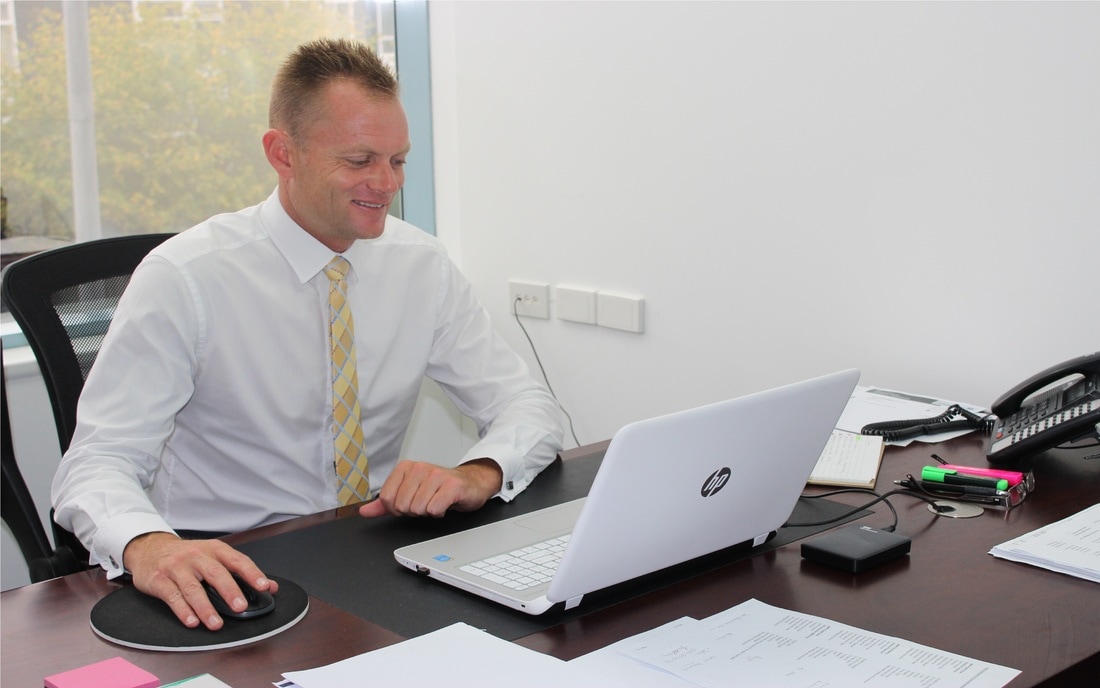Financial advice, superannuation investments, and life insurance could be considered topics that people often file in the ‘I’ll think about it later’ basket. But Kade Anthony from Southern Advisory is determined to change all that through his personal touch and approach to servicing the needs of his clients. He firmly believes that the value, success, and growth of his business all comes down to client relationships and ‘educating clients rather than just selling them products because people like to be listened to, not sold to’.
Like many people who leave corporate life to start their own business, Kade was confident in his professional skills but found that continuing as an employee for a company just wasn’t cutting it. After a 2 year mentorship with a senior financial advisor while studying to obtain his license, he established a financial advisory business with a small client base in Sydney’s southern suburb of Caringbah.
Over the next 5 ½ years he set about building the business in terms of employee numbers, which now sit at six across the areas of administration, advisor support, and financial planning. He also partnered with another advisor that specialised in areas that he didn’t cover.
The biggest challenge he faced when setting up his business was the financial adjustment of going from an employee to a business owner and the hours involved in getting the business up to speed.
As a strong believer in networking and keen to meet other small business owners and make contacts, Kade decided to attend PubBiz commenting that “networking is one of the key things that has made me successful in the last five years.” His involvement with PubBiz also led Kade to take part in the Mastermind program which he also found to be a useful forum to discuss his business with other business owners.
In building Southern Advisory he was also keen to structure the business to bring down overheads. His advice to small business owners is to initially sub-lease some space in an office where the other organisation provides complementary services.
A quick look at the Southern Advisory website highlights a focus on providing clients with value. When asked about what value means Kade says, “Value comes down to understanding the client and working with them throughout the changes in their life, in turn leading to retirement.”
Kade’s plans to continue building the business include the purchase of another business as well as recently employing an associate planner, freeing up his time to concentrate on seeing his clients, business planning, and being able to spend time with his four children and pursuing his love of surfing.
Kade’s business building tips include:
- outsource what you can so you can focus on the business
- if you can keep overheads low it can be key driver of success
- surround yourself with positive and trustworthy people
- seek advice when you need it, don’t sit on your hands
- every single person is an opportunity
- don’t have preconceptions about people.
If you are interested in becoming part of a Mastermind group as highlighted in Kade’s story, Realise Business is currently recruiting participants at various locations across Sydney. You can find out more here.
Tags: business tips, client relationships, Mastermind, PubBiz, Tips for business success
Source: Realise Business






 RSS Feed
RSS Feed
